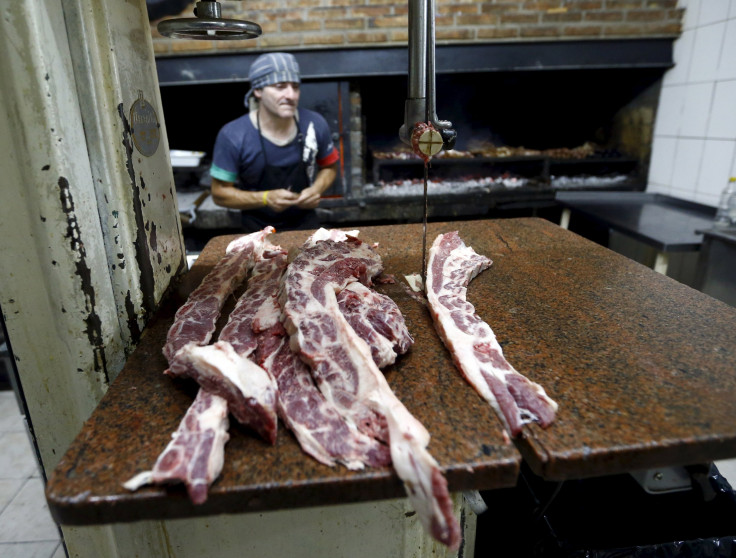Less red meat consumption helps kidneys, says Singapore researchers

Singapore researchers have found that kidney failure risks can be minimised by replacing red meat in one’s diet with other kinds of foods such as fish and poultry. As per the study findings, one serving of red meat, substituted with other sources of protein, resulted in a 62 percent reduction in risk of developing end-stage renal disease (ESRD).
The research was conducted by professor Koh Woon Puay from the Duke-NUS Medical School and NUS Saw Swee Hock School of Public Health and almost all the red meat consumed by the participants of the study was pork. The researchers involved in the study analysed data from the Singapore Chinese Health Study, which is a study of more than 60,000 Chinese adults in Singapore.
Around 97 percent of the red meat intake was pork while other sources of protein included eggs, fish, poultry, dairy products, legumes and soy. The researchers, after 15-and-a-half-years, concluded that red is highly associated with an increased risk of ESRD.
The participants involved in the study were in the age group of 45-74 years. The study did not find any association between consumption of eggs, fish, poultry or dairy products and kidney failure. The researchers suggested that consuming soy and legumes may even reduce the risk of kidney failure. However, Koh said that it is not necessary to completely stop eating red meat.
People consuming the highest amounts of red meat had a 40 percent increased risk of developing ESRD compared to people consuming the lowest amounts. The study has been published in the American Society of Nephrology.
“It is best to eat red meat in moderation. For example, instead of eating red meat for every meal or daily, it is advisable to replace it with other meat such as poultry and fish, or plant-based protein such as soya and legumes for alternate meals or days,” she told The Straits Times.
According to Australian Institute of Health and Welfare, approximately 1.7 million Australian adults (10 percent) in 2011-2012 had biomedical signs of chronic kidney disease. About 15,900 deaths were recorded in 2013 and chronic kidney disease was an underlying or associated cause of death.
“We embarked on our study to see what advice should be given to CKD patients or to the general population worried about their kidney health regarding types or sources of protein intake. Our findings suggest that these individuals can still maintain protein intake but consider switching to plant-based sources; however, if they still choose to eat meat, fish/shellfish and poultry are better alternatives to red meat,” Koh said in a statement.





















